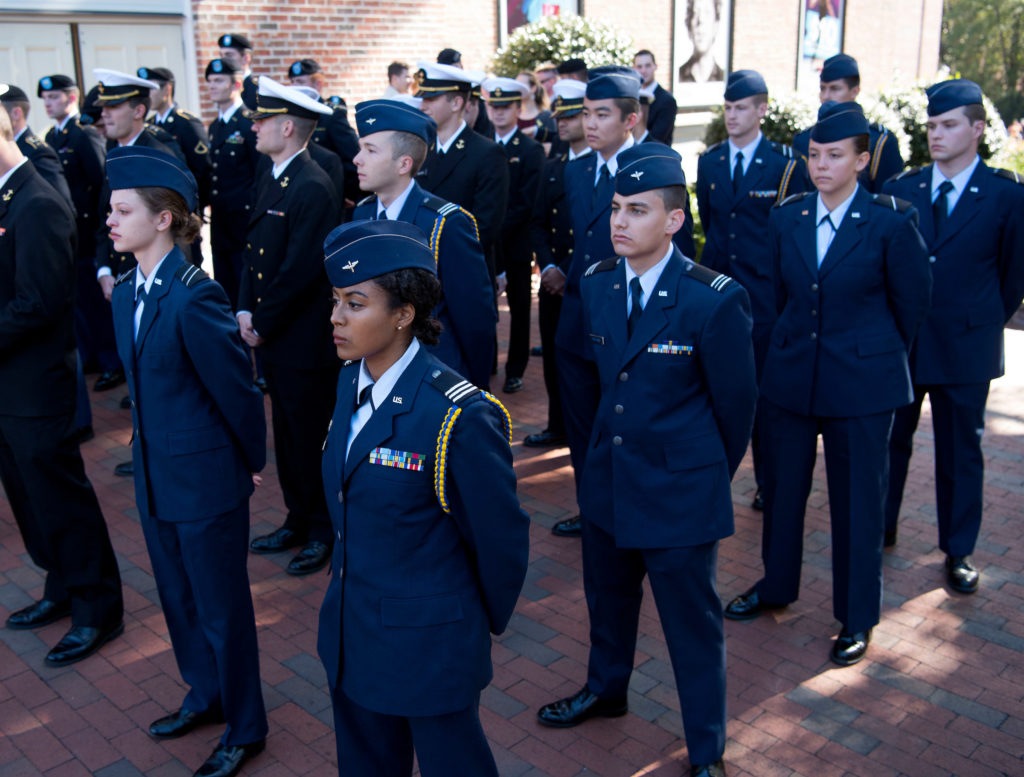


These are historic photographs of Hill Hall, home to Carolina’s music department. Hill Hall’s auditorium and rotunda area are currently being renovated to transform the building into a first-rate performing arts facility. The Arts and Sciences Foundation is currently seeking support to complete the $15 million project. The upgraded space will provide an additional premier performing arts venue on campus and will support the department’s superlative teaching, groundbreaking performances and community engagement. It is expected to reopen in 2017.
Hill Hall began as the Carnegie Library, which was built with a $55,000 grant by Andrew Carnegie and the Carnegie Corporation of New York in 1905. It followed the plan for all Carnegie libraries, which included a large rotunda and skylight, as well as multi-tiered stacks and a central processing space. In 1933, the building was renovated to house the department of music and renamed after the project’s major benefactor, John Sprunt Hill.
Although beloved by generations of students and faculty, Hill Hall has been recognized as acoustically and atmospherically deficient for decades—especially in its lack of air conditioning, which prohibits use of the auditorium for several months each year. Despite its shortcomings, Hill Hall has hosted some 120 events annually for departments across campus, including concerts, recitals, master classes, lectures and other speaking and musical events. The long list of luminaries who have played, sung or spoken at Hill Hall includes Vladimir Ashkenazy, Joan Baez, David Gergen, James Galway, Andy Griffith, Martin Luther King Jr. and Yo Yo Ma.
Launched by a $5 million gift from the William R. Kenan Jr. Charitable Trust, the renovation will transform the 450-seat auditorium, named for former chancellor James Moeser and his wife Susan Moeser, both music faculty members, into a premier concert hall and will restore the rotunda to its original splendor. Long overdue upgrades to the rotunda will expand the lobby and will create a beautiful, light-filled space suitable for receptions and intermissions. The renovation will also include the long-awaited introduction of both air conditioning and acoustical treatments with soundproofing to the building. Other important enhancements include a professional-grade stage, a piano and equipment lift, an enhanced backstage area with green rooms and storage, better lighting and improved administrative and teaching spaces.
The two-year construction began in summer 2015.





